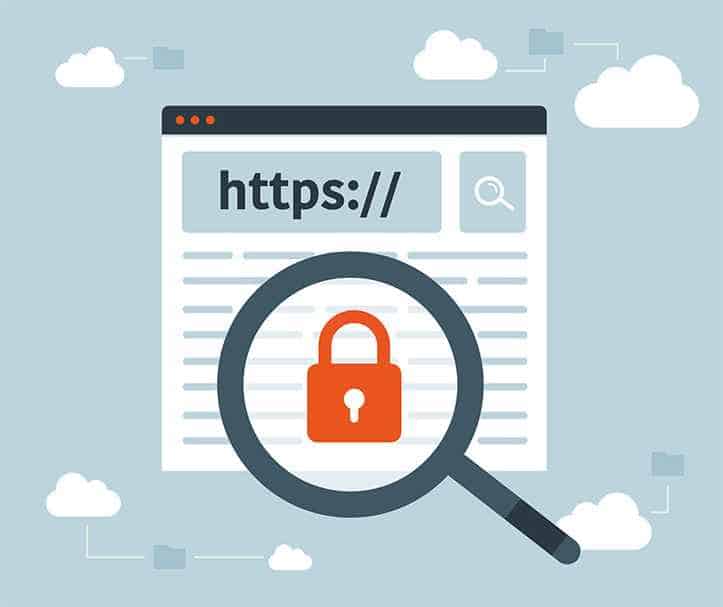- Install security plugins. WordPress has some good security plugins that are free. You may want to check out Bulletproof Security and iThemes Security, or anything similar. These plugins address the usual vulnerabilities in website security in order to avoid hacking attempts. However, if you are not using WordPress, there are still alternatives such as SiteLock. It monitors your website daily to detect malware and vulnerabilities. It may not be free, but considering the work that it does including virus scanning, it will be worth your money. As previously mentioned, it does not matter that you are not selling products online. You need to secure your website with security plugins in order to avoid hacking.
- Update all your software. Updates are vital to your website’s security. The moment a vulnerability in software is found, hackers act fast. They put their skills to work and hack websites. Software updates would address this security hole and keep your website secure. You won’t have to do this if your website is managed by a hosting company. However, if it is not, you need to regularly check for updates and install those updates immediately. This is all the more important if you are using third-party software like a forum and content management system (CMS) because most vendors are immediately updated when there are website security issues through RSS feed or through the mail.
- Install an SSL Certificate. A website that has an SSL Certificate shows it’s domain URL with https instead of the regular HTTP. An SSL certificate provides website security for websites by encrypting information given by customers. So, for example, your customer wants to buy a product from your website. They need to create an account in order to do this or fill out a form with all their information, including credit card information. Without an SSL Certificate, a hacker could easily steal the information that the customer sent. However, with an SSL Certificate, no one can see or intercept this information that is being sent to the website. You should be able to purchase an SSL Certificate from your hosting company and pay for it yearly. It is now more affordable compared to when it first came out. Your customers will feel more secure and are able to trust your website when they see an https on your domain name.
- Require strong passwords. Most customers use the same password for all of the sites they use and, most of the time, they use weak a weak password. They do this because it is easy to remember. However, when most of your users do not have strong passwords, your website could possibly be a victim of a data breach. Require your users to create a more secure password. There should be a password length requirement, using a mix of special characters, letters, and numbers. There should also be at least one upper case and one lower case letter. This will help prevent hackers from gaining access to your customers’ account.
- Regularly scan your local computer for viruses. There is malware that your computer can be infected with that can get your FTP login. When this happens, malicious files are uploaded into your website. This is a serious security threat because hackers can take over your website entirely. Install antivirus software if you don’t have one. If you are using free software, you may want to upgrade to a paid one, especially if you have an e- commerce site.
Conclusion:
Website safety and security should be your priority from the very beginning. Before you ask your followers to create an account with you, make sure that you have covered all possible security threats. If you haven’t done it yet, it’s still not too late. You can still make your website secure by following these tips. If you need to shell out a bit of money, don’t hesitate to do so because your potential customers will know if your site is secure or not.

